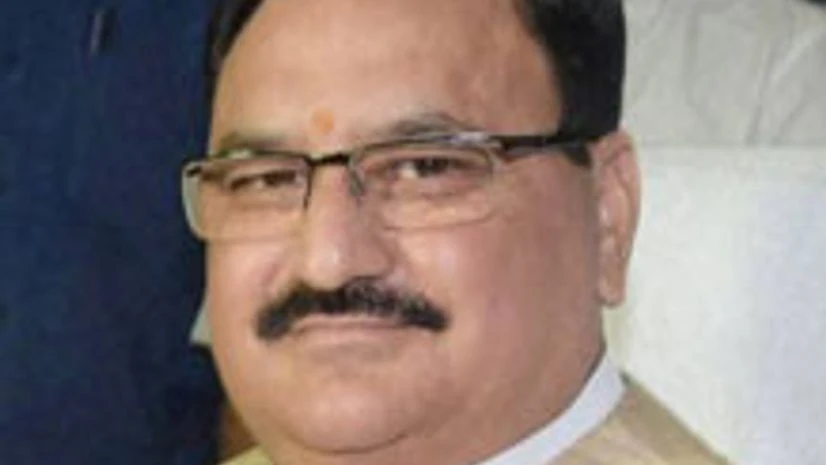Chhattisgarh’s computer tablet-based health reporting system for drafting health-related database of mothers and children would be adopted at the National level.
“The scheme of Chhattisgarh should be adopted as a model for the country,” union minister for health J P Nadda said during his Raipur visit Saturday. Commencing the first phase of the scheme as pilot project under National Urban Health Programme, he distributed computer tablets to ANMs (Auxiliary Nurse Midwives).
Nadda said that it was an ambitious scheme for collection of health-related information. He said that Prime Minister Narendra Modi had been stressing for the concept of Digital India and E-governance. “It is a commendable step taken by the Chhattisgarh Government,” the minister said.
He added that the ministry of health would examine and monitor the working system and its effectiveness. “Once it was found that the system was effective and worthy, it would be included in the National Health programme,” Nadda said, adding that the scheme would be made mandatory for other states also.
In the first phase of the pilot project in Chhattisgarh, nearly 380 ANMs were provided computer tablets under Urban Health programme. The tablet-based information system would enable quick and accurate reporting. This would also facilitate better monitoring of health programmes at directorate-level. The system is extremely beneficial as it will help in collection of health information about entire family at a time, based on which effective steps will be taken to improve health facilities.
He said that Health Ministry, Government of India has started Kilkari Yojana for mothers and infants. Under this scheme, mothers will be informed through an audio about how to look after infants, vaccinations etc. Chhattisgarh's tablet-based scheme and Government of India's Kilkari scheme will be merged to bear better and effective results.
Chhattisgarh health and family welfare minister Amar Agrawal said that 30 per cent of the total urban population of Chhattisgarh had been staying in slums. “The ANMs would collect health-related data of families in urban areas and will report it to the Directorate where the database would be prepared,” he said. The record would ensure that pregnant mothers and infants are vaccinated on time.

)
